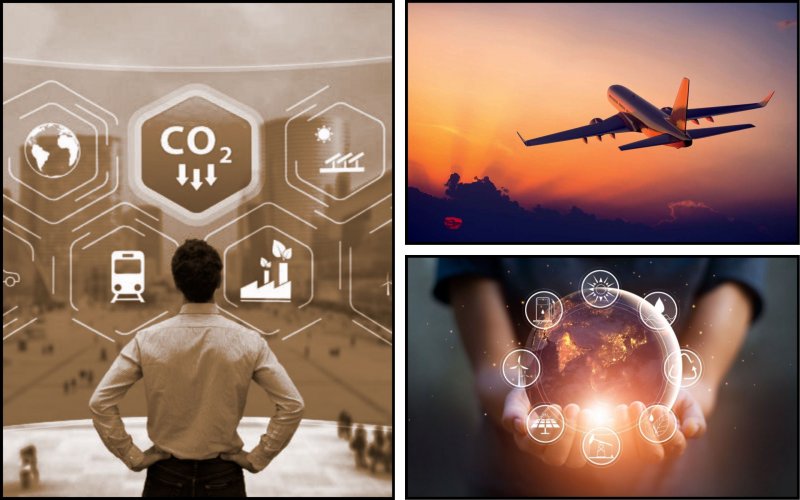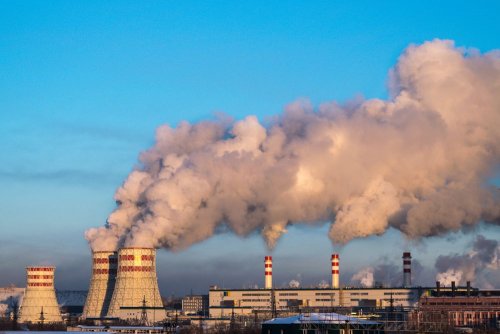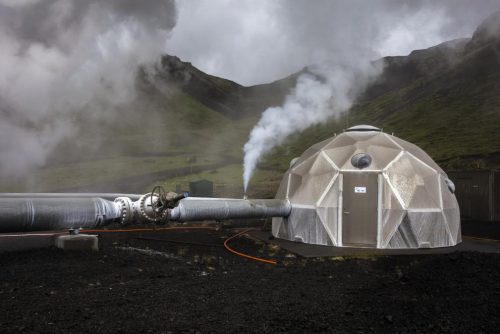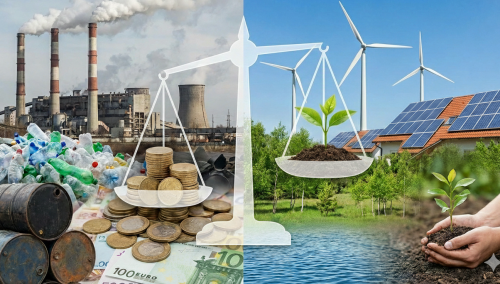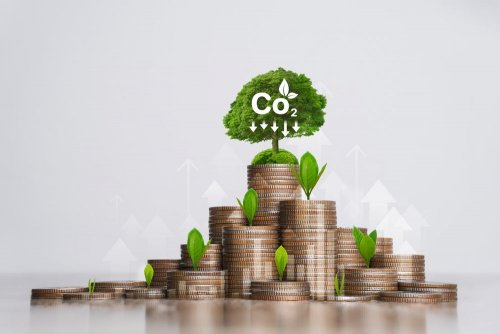E-fuel company Elyse Energy has entered into a financing agreement with investors Hy24 and Mirova to produce 1 million tonnes of e-methanol and 200,000 tonnes of sustainable aviation fuel (SAF) per year.
Elyse Energy's new capacity will reach 2.5 GW, which will be commissioned in 2027 and 2028 in France and Spain, according to a press release Hy24.
It is noted that Hy24 manages the world's largest fund of clean hydrogen infrastructure, while Mirova is engaged in sustainable financing. The companies are investing in accelerating the development of Elyse Energy's most advanced projects.
The press release emphasized that electronic fuel is important for the decarbonization of aviation and maritime transport, as well as the chemical industry.
The message added that Elyse Energy is also implementing a number of projects related to the production of green fuel, namely:
- eM-Rhône for the production of 150,000 tons of clean methanol per year for the marine sector and industry;
- BioTJet for the production of 75,000 tons of electronic biogas and 3,000 tons of ligroin (a mixture of liquid hydrocarbons).
"E-fuels are a unique opportunity to combine decarbonisation, energy sovereignty and re-industrialisation in France and Europe. As in the case of gas and renewable electricity, the mobilization of private capital will be crucial to finance the creation of this new sector," said Pascal, President of Elyse Energy Peniko
As EcoPolitic previously reported, European fuel producers can produce 1.83 million tons of electronic kerosene in 2030 and save almost 5 million tons of CO2.

